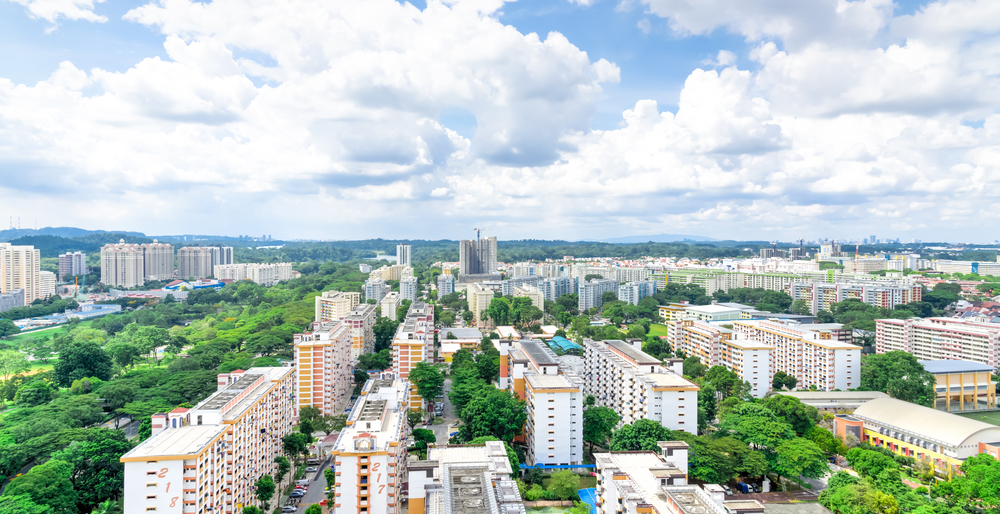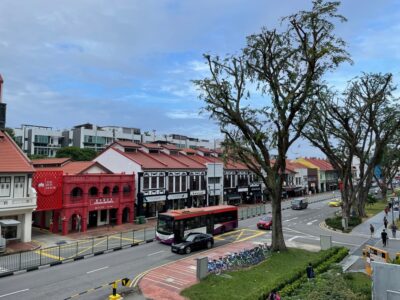Singaporeans encounter a hitch with home loan payments
Pandemic places financial stress on Singaporeans, with survey unveiling that 31 percent of participants face challenges in paying off their home loans

According to OCBC’s most recent survey, 31 percent of participants have encountered additional financial stress from the COVID-19 pandemic, including nine percent intending to sell or downgrade their homes, reported The Straits Times.
Wise-spending and saving money has never been a problem for most Singaporeans, but the pandemic has thrown a curveball at them with many wrestling to maintain passive income and make home loan payments.
This year’s OCBC Financial Wellness Index has dropped from 63 to 61, indicating an economic contraction as a result of the 2020 pandemic.
The OCBC survey included 2,000 employed Singaporeans, ages between 21 to 65, who were evaluated based on the 10 pillars of financial wellness. The result showed that about 31 percent have difficulties paying off home loans, and nine percent mentioned selling or downgrading their homes.
Millennials, aged between 21 to 39, look to be the most distressed by their finances as 49 percent of those surveyed revealed that they are concerned with their financial matters. Longing to rapidly increase wealth, millennials choose not to seek advice from professionals and rather conduct their own research. This compares with Generation X and baby boomers with 37 percent and 26 percent, respectively.
More: Sales of new private homes in Singapore slows down after ‘options to purchase’ restrictions
In fact, 48 percent of millennials mostly spend in order to “keep up with their peers” and 38 percent have difficulties paying their loans on time.
Tan Siew Lee, OCBC’s head of wealth management suggested millennials “to start small” when planning for retirement. “Your runway is very long. Start with a regular savings plan, and get an appropriate insurance policy. You can benefit from the power of compounding,” she added.
Nevertheless, head of group brand and communications at OCBC, Koh Ching Ching stated that “in the face of the pandemic, Singaporeans are being prudent and saving regularly, while also putting aside adequate emergency funds.”
“If these habits stick and lessons are learned from the crisis, we expect to see a rise in the Index next year – perhaps even surpassing 2019’s result,” Koh added.
Recommended
Meet the vagabond architect behind India’s housing scene
Vinu Daniel is helping to shake up India’s home building setting
Where Asian real estate stands in a fragmented, warmer world
Asia’s real estate industry faces many and varied challenges as external factors continue to bite
6 sights to see in Singapore’s Marine Parade
Handily located Marine Parade has emerged as a vibrant investment choice in the Lion City
There’s a township dedicated to health and wellness in Malaysia
Property seekers have their health needs catered for at KL Wellness City








